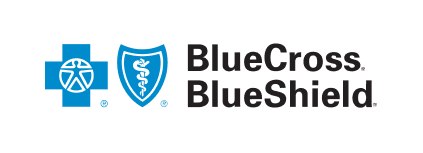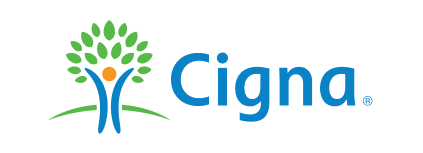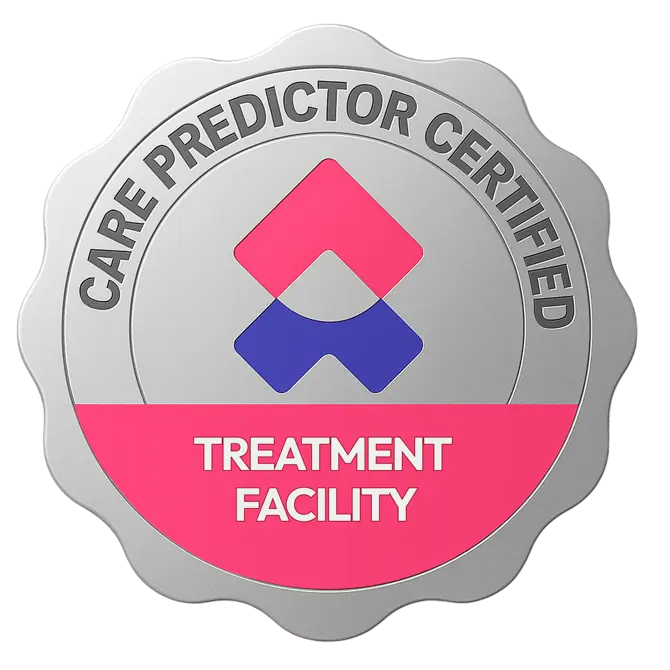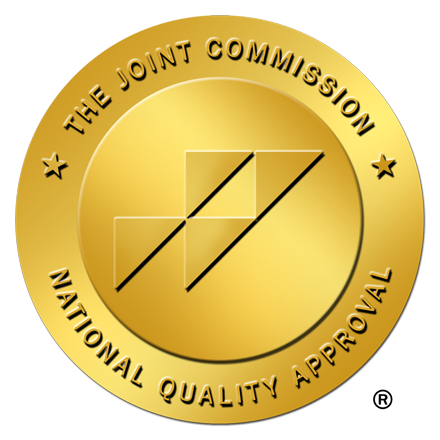Not all addiction treatment centers are the same. At Alter, we recognize that addiction is rarely just about substance use—it’s often a symptom of deeper mental health challenges. Our #1 goal is to address these underlying issues so our clients can achieve lasting recovery without the cycle of detox and relapse.
We take a whole-person approach, understanding that addiction frequently co-occurs with trauma, anxiety, depression, and other mental health disorders. Through evidence-based, trauma-informed therapies, holistic healing modalities like yoga, and expert medication management, we empower clients to heal at the core.
By treating both addiction and mental health together, we help individuals break free from substance dependence and build a foundation for lifelong wellness. Our comprehensive care leads to significantly higher recovery rates compared to traditional addiction-focused programs.

The typical Alter client is dealing with dependence on either one or multiple substances, ranging from alcohol to hard drugs and prescribed medications. We we see success with clients of all kinds using a variety of treatments.
Most of our clients usually start at a detox we recommend, lasting from 7-10 days, then transition to our residential care (RTC), followed by partial hospitalization (PHP), then intensive outpatient (IOP). We provide dedicated consultation services to help you find the best program for your needs.

Not all drug and alcohol treatments or rehab centers are the same. At Alter, our #1 goal is that clients will never need to return to a detox or residential center for their addiction again—we work to empower clients for long-term change.
We tackle addiction from every angle using trauma-informed therapies, holistic healing modalities like yoga, medication, and by incorporating the tenets of Alcoholics Anonymous (AA) and Narcotics Anonymous (NA) into our group programming.
Because our treatment program is so comprehensive in treating the whole person, our clients are able to see significantly higher recovery rates than those in other programs.
Call Now for Program Availability
Contact our admissions team to learn about our programs and to check availability at our facilities, or submit your insurance to verify coverage.

“This was my first treatment center and was the best experience in my life. The staff are amazing. The care goes beyond. You will not find a place like this anywhere else in California.
If you are looking for help in recovery from addiction this is the place to be! Not to mention the ocean view, amazing chef, and fun activities. They go beyond their expectations! This place changed my life for the better and I owe it to CRC!”
– Valentina H.


It’s common for families to operate under the misconception that an individual is choosing to abuse substances; they don’t realize, however, that substance abuse is an actual disease with a biological and physiological component. Our clinical and medical teams help families understand addiction and how to support their family members in treatment for lasting recovery.
Our teams also prioritize giving family members frequent updates on progress, including any treatment plans that the client is comfortable sharing with loved ones.
Alcohol Addiction
Alcohol addiction, also known as alcoholism or alcohol use disorder (AUD), is a chronic and relapsing condition characterized by compulsive and uncontrollable alcohol consumption, despite negative consequences on physical health, mental well-being, relationships, and overall functioning. It is considered a complex medical condition that involves both biological and psychological factors.
Individuals with alcohol addiction often experience a strong craving or urge to drink alcohol, and they may find it difficult to control their drinking behavior. They may prioritize drinking over other responsibilities and activities, and they may continue to drink despite knowing that it is causing harm to themselves or others.
Some common signs and symptoms of alcohol addiction include:
Alcohol addiction can have serious consequences on physical health, including liver disease, cardiovascular problems, gastrointestinal issues, neurological damage, and an increased risk of certain cancers. It can also contribute to mental health problems such as depression, anxiety, and psychosis, and it can impair cognitive functioning and judgment, leading to accidents, injuries, or risky behaviors.
Drug Addiction
Drug addiction, also known as substance use disorder (SUD), is a chronic and relapsing condition characterized by compulsive and uncontrollable drug use, despite negative consequences on physical health, mental well-being, relationships, and overall functioning. It is considered a complex medical condition that involves both biological and psychological factors.
Individuals with drug addiction often experience a strong craving or urge to use drugs, and they may find it difficult to control their drug-seeking behavior. They may prioritize drug use over other responsibilities and activities, and they may continue to use drugs despite knowing that it is causing harm to themselves or others.
Drug addiction can involve a wide range of substances, including illicit drugs (such as cocaine, heroin, methamphetamine), prescription medications (such as opioids, benzodiazepines, stimulants), and even legal substances (such as alcohol or nicotine).
While the exact causes of addiction can vary from person to person, several common factors contribute to the development of substance use disorders:
Call Now for Program Availability
Contact our admissions team to learn about our programs and to check availability at our facilities, or submit your insurance to verify coverage.
We accept most major insurance providers including the ones displayed here.










We accept most major insurance providers including the ones displayed here.
Submit your insurance to confirm coverage.




















Our facilities have been awarded prestigious recognition and certifications by adhering to rigorous guidelines and exceeding quality standards with consistent, safe & effective healthcare services.



Our mission is to advance the future of mental health care through innovative, evidence-based treatments, delivering excellence, fostering human connection with unwavering compassion that empowers every individual to thrive.
34270 Pacific Coast Hwy
3rd Floor
Dana Point, CA 92629
Questions? Call now to speak confidentially with an admissions counselor.